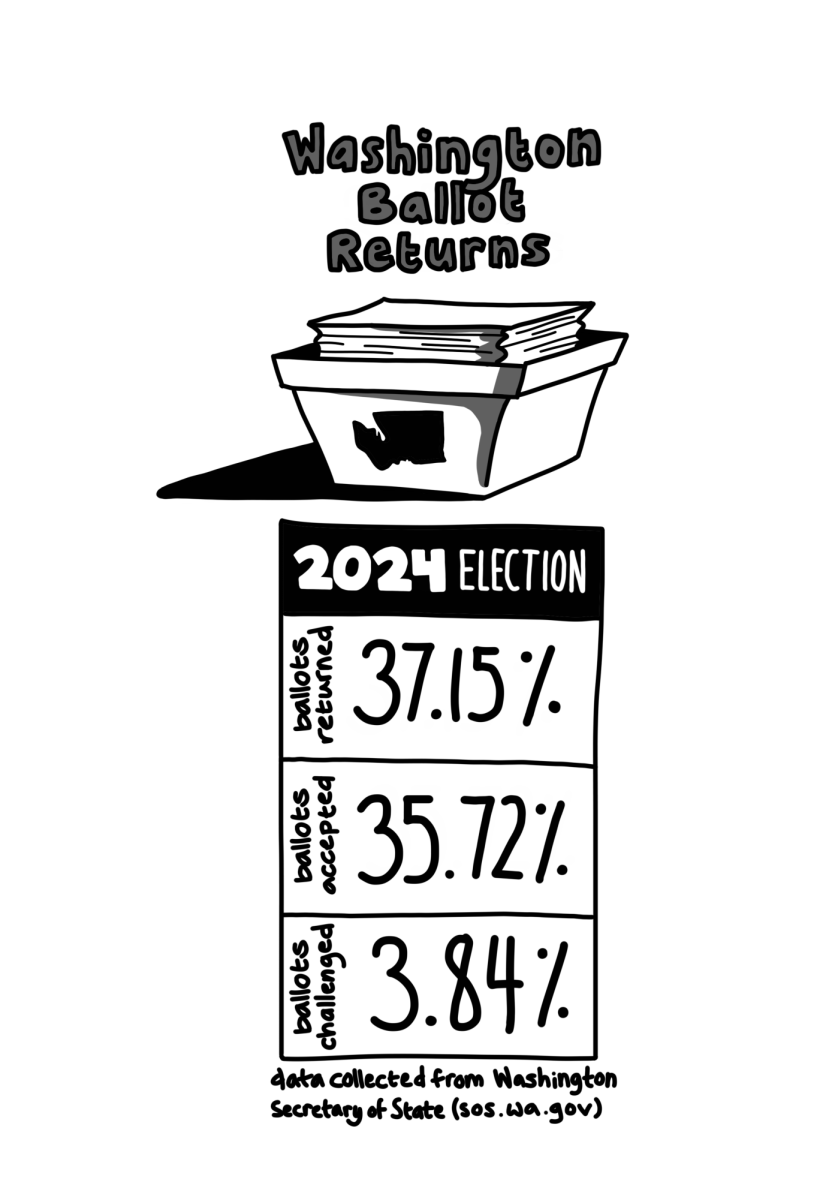Developing coherent tracks for each major is a delicate process, one that is usually in flux.
This year, the philosophy, economics and English departments have taken steps to alter both their major requirements and the classes available for students. Each department is making these changes with the goal of increasing consistency in senior exams and courses and with an eye on the broader spectrum of their discipline.
The philosophy department made changes to their requirements and the senior examinations.
“We’ve reduced the required four course sequence in the history of philosophy to three courses: ancient followed by modern with each major choosing whichever third course best allows him or her to follow out an interesting idea generated by the first two courses,” said Professor Tom Davis, chair of the philosophy department.
Alongside course changes in the history of philosophy, the department reworked the senior examination process, abandoning a thesis in favor of a portfolio of writings.
In this portfolio, senior philosophy majors will be required to write a 2,000 word narrative on an idea they followed in their three history courses. Students will also be expected to generate a 1,000 word personal narrative on how their philosophical outlook has changed and grown through the study of philosophy. Alongside these narratives, the student will rewrite their best essay in their seminar class.
These writings will ultimately be linked together during an oral examination covering all three papers.
“The changes makes the major more coherent and students more directly responsible for that coherence,” said Davis.
These changes stemmed from student concern about the cohesiveness of the major.
“For the past several years we’ve experimented with different variations of a senior thesis and written comprehensive examinations, but students kept running into a problem making ‘the parts’ cohere into a clear ‘whole,'” said Davis. “Changing the history sequence and taking a portfolio approach is our attempt to answer that problem.”
While the philosophy department has solidified its changes, many departments are in the discussion process, considering how they may change requirements for the future.
According to Professor Katrina Roberts, English department chair, the English professors are currently discussing the possibility of altering the senior written and oral examinations to ensure a greater connectedness between the two.
“We’ve thought about the interconnectedness of orals and writtens, as well as the thesis defense, as we’ve worked to try to prepare our students for graduation, and also for graduate work, should they so desire to continue their studies,” said Roberts.
These changes would also attempt to allow students to use different writing styles and approaches to literature in their examinations. The exams would assess varied forms of writing under different situations, such as a take-home exam, explained Roberts.
Should these changes be made, they would not be implemented until the current sophomores are seniors.
Instead of altering the examination process like the philosophy and English departments aim to do, the economics department has made course changes with the hope of expanding the knowledge base of its students. This year, the department decided to break its Principles of Economics course into two different courses. In the past, the course was taught in one semester and included both micro and macroeconomic theories. The new change would require one semester of microeconomics and one of macroeconomics, according to Denise Hazlett, economics chair.
But the change that will expand the breadth of the department is the new course in accounting and finance. This year, guest professor Bruce Toews from WWU designed and taught a course exploring how and why people use economic information. According to Hazlett, this information is important in preventing financial crises similar to the one the world is currently suffering.
“Having this course is really helpful for us,” said Hazlett.
Though this course is not required for the major, it is highly encouraged.
“We want to strongly recommend for people to take it,” said Hazlett. “It helps you understand economics better. It’s not critical, but really, really helpful.”
The department is exploring the possibility of hiring a permanent finance professor. But they are relying on donor funds to keep this course afloat.







